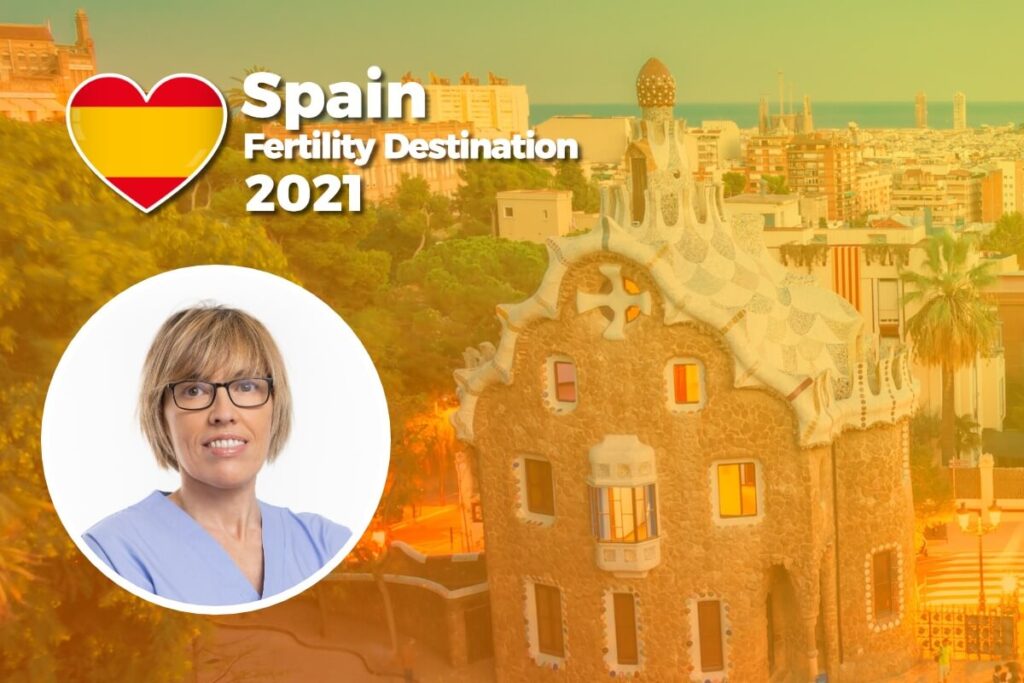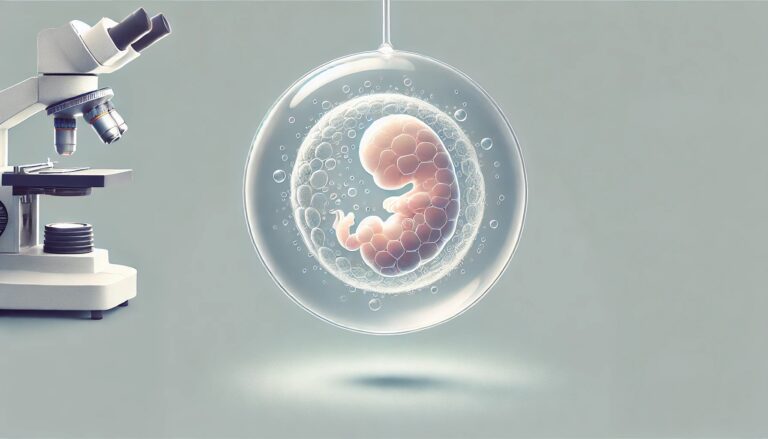One of the most significant issues that we face in the last years is a change in the health system. Thousands of patients meet the fact of not conceiving due to economic, cultural or legislative restrictions. It is not just about infertile heterosexual couples but also about family models like male couples, female couples, single woman and single man who require the assisted reproduction treatments to have a baby. And the borders that exit are cultural, linguistic and religious.
However, patients take control of their lives and travel globally to obtain assisted reproduction treatments (ART). They move to look for what they do not have or cannot afford in their residence countries. This phenomenon is called Cross border reproductive care (CBRC), and it is yearly growing. The main reasons for the CBRC are:
- Legal restrictions
- High costs in home countries
- Quality of care concerns
- Sociocultural considerations.
Spain is a world power in ART due to professionals’ quality and the advanced and modern legal framework.
It was a pioneer in having an Assisted Reproduction National Law 35/1988, in force since 1988. At present, Law 14/2006 provides the primary legislative framework. Additionally, the Royal Decree-Law 9/2014 and the Royal Decree-Law RD 9/2017 establishes standards of quality and safety for the donation, procurement, testing, processing, preservation, storage and distribution of tissues and human cells, as well as coordination and operating standards for working with patients. These regulations make Spain a highly secure destination for the realisation of fertility treatments.
Spain’s legal framework is one of the most comprehensive and flexible in the UE, allowing for all fertility treatments, except for surrogacy and gender selection.
The law establishes that woman can access the treatments over the age of 18, despite marital status or sexual orientation. It means that it’s allowed to perform procedures to solo-mums, female-male couples, and female couples.
Regarding the women age limit for assisted reproduction treatments, there is no legal guide that advises or discourages it. However, private clinics advise against performing treatments for women over 50 years to protect women’s health and ensure a healthy pregnancy.
The donation of gametes is anonymous and altruistic, ensuring we can offer egg or sperm donation programs practically without waiting lists. Spain performs around 60% of all IVF-Egg donation programs in Europe, making the country the leader in a donation at the EU. It’s on the top list of countries that are open to donating biological tissues and cells. It helps to access gamete and embryo donors of a wide variety of phenotypic and ethical.
Fertility preservation, in Spain, is allowed for reproductive purposes before exceeding the woman’s physiologically fertile age. It put Spain in advantage with the countries that restrict the years of cryopreservation.
Another essential aspect to take into account in Spanish clinics is the patients’ support throughout the process. The patient experience has become a necessary concept as every detail of this experience contribute to a positive outcome. Some clinics offer multilingual teams of professionals, support 365 days a year, personalised programs, travel and stay logistics, financial solutions, etc.
Spain is an easily accessible destination with direct and frequent flights from anywhere in the world. Patients love to combine their treatment with a relaxing vacation experience. Rich in history, culture, nature and delicious food, among others, Spain is an excellent place to enjoy the stay.
Author: Esther Velilla García, CEO, Reproclinic





